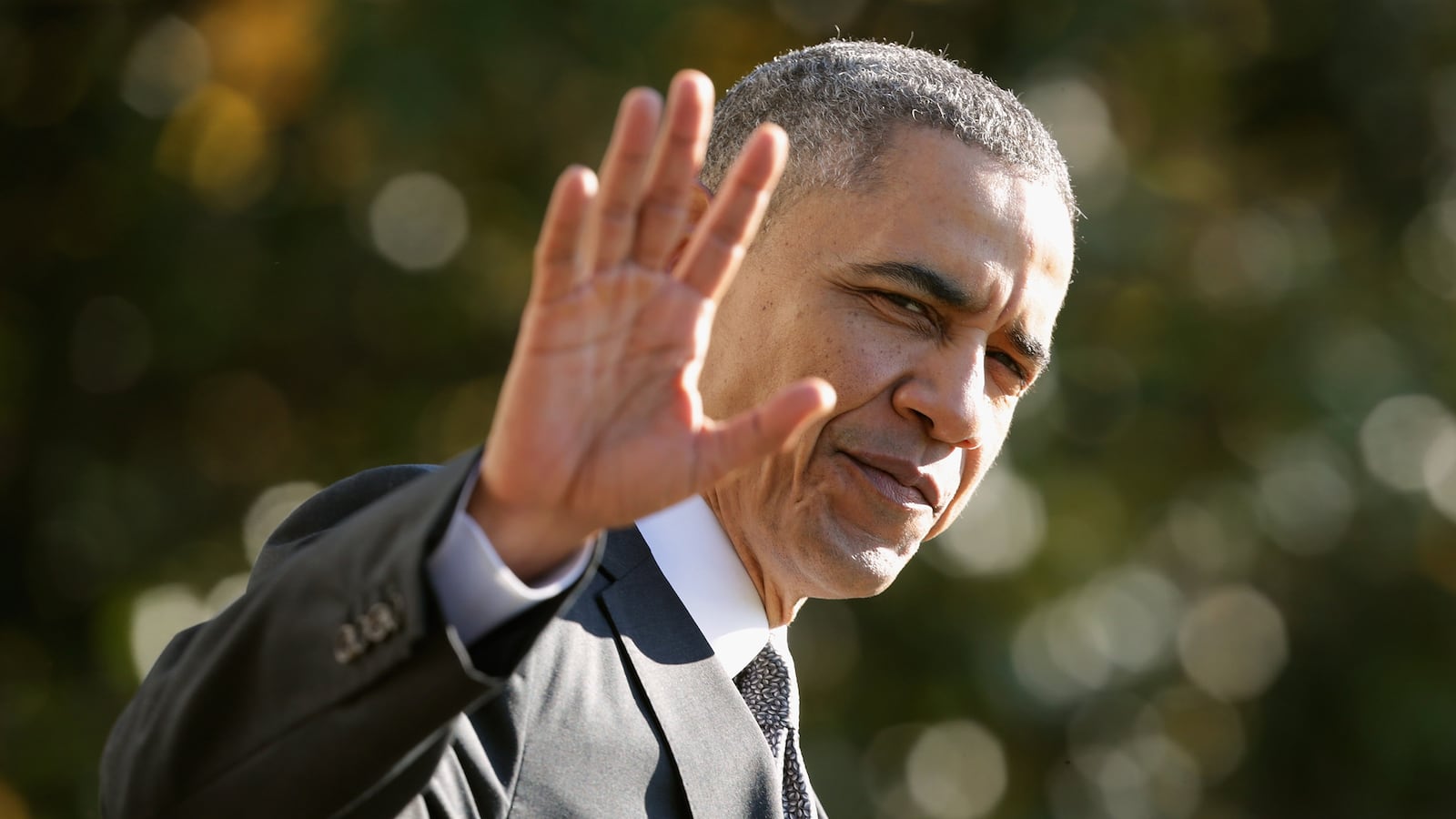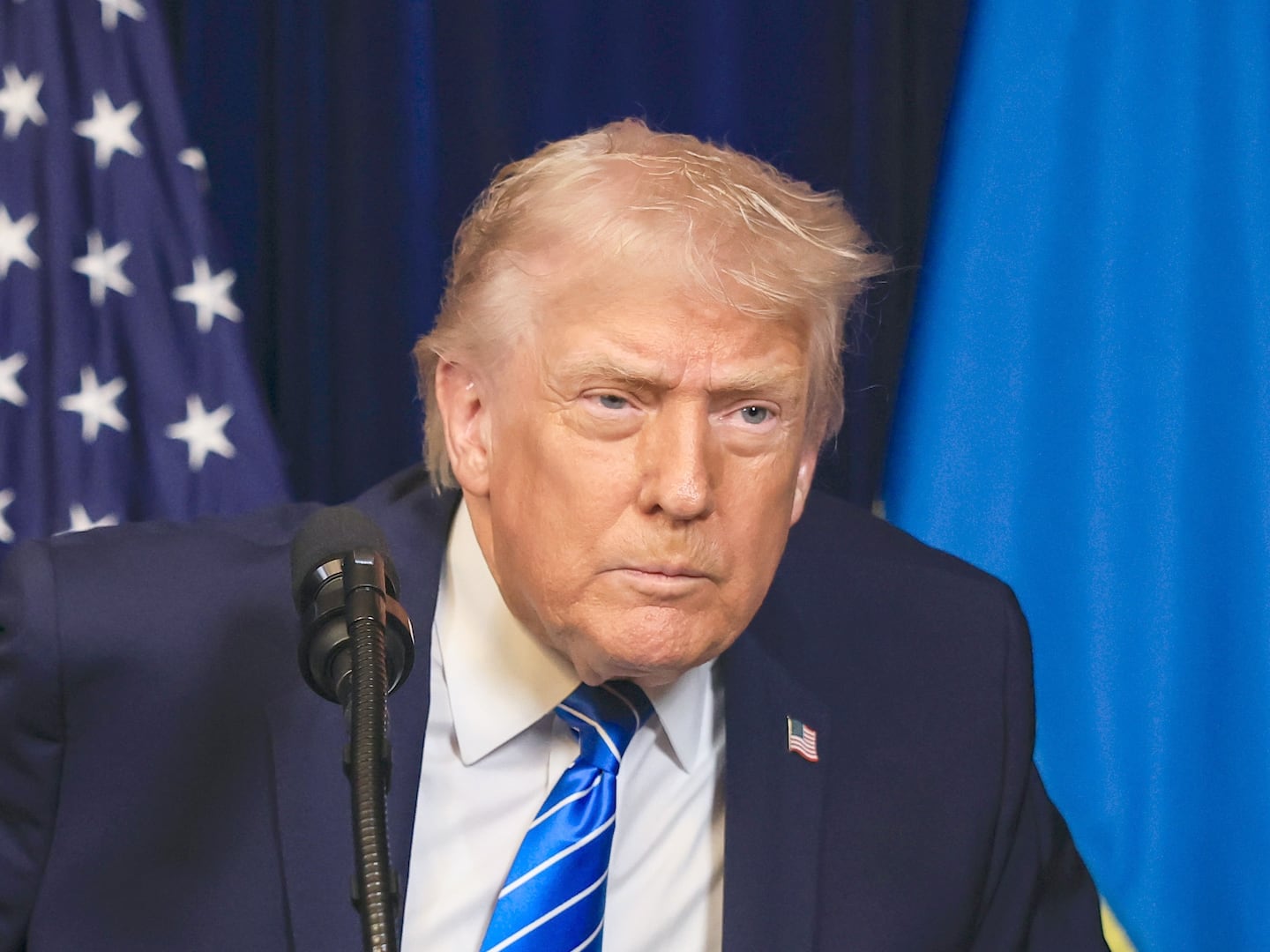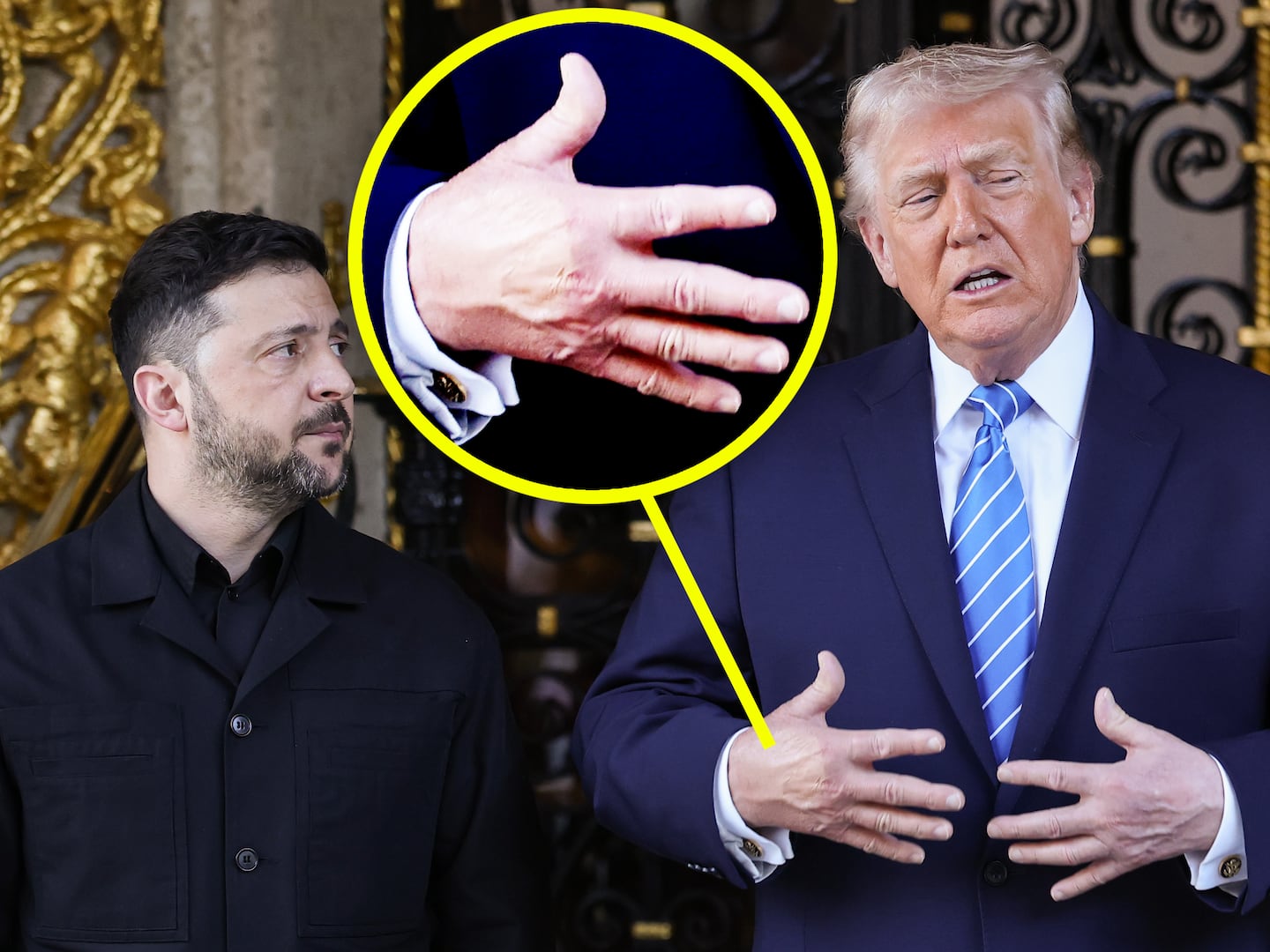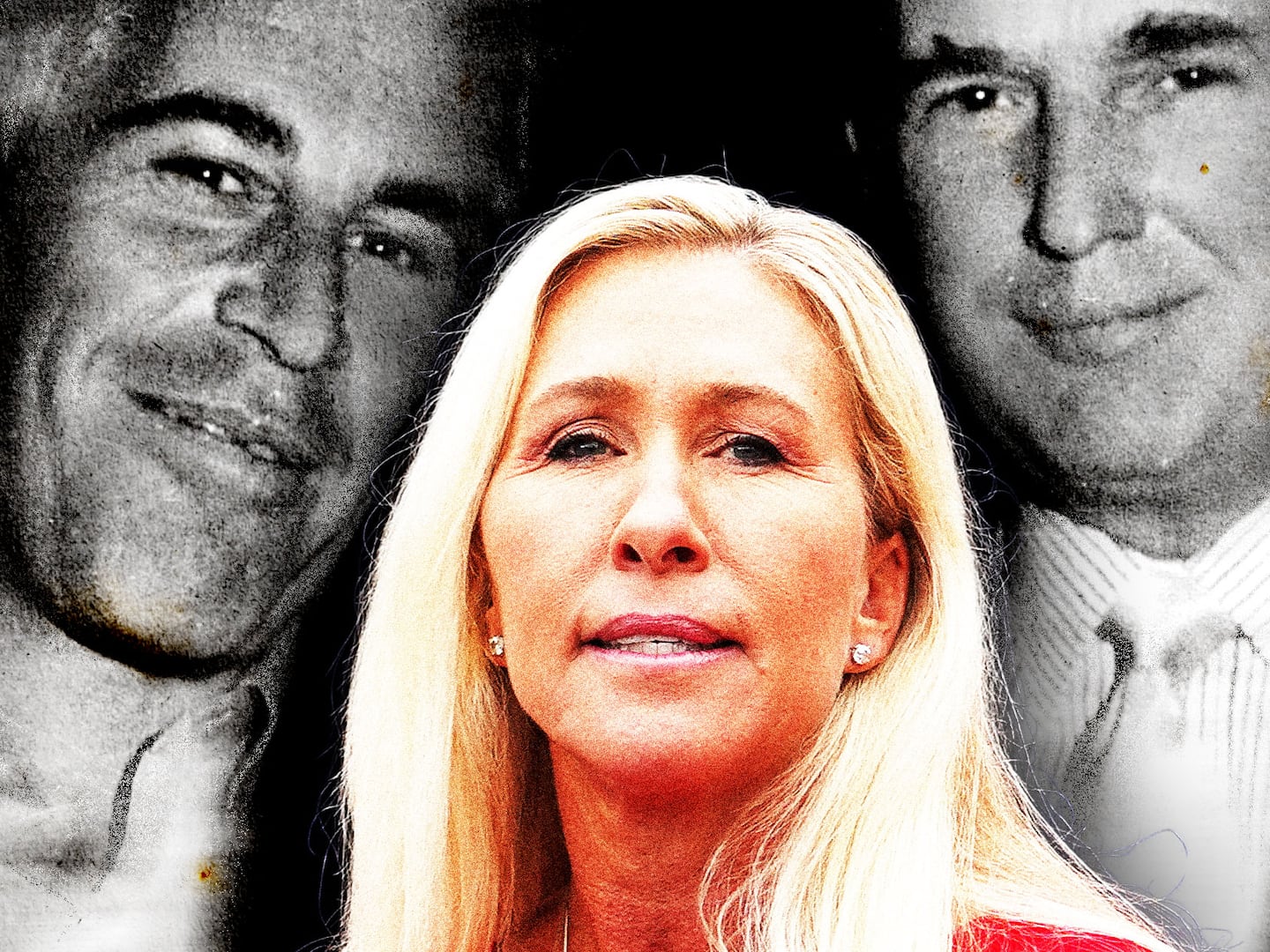If the latest polls from Gallup and Quinnipiac University are any indication, the public would—if it could—burn down Washington and everyone in it. Gallup, for instance, finds Congress with an approval rating of just 9 percent. And worse, at 14 percent and falling, its yearly approval rating is on track to be the lowest ever. For comparison’s sake, this makes Congress less popular than traffic jams, cockroaches, head lice, root canals, and colonoscopies.

President Obama is still more popular than all of those, but he’s not doing well. According to the latest Quinnipiac survey, his approval has dropped to its lowest point ever—just 39 percent of voters approve, compared to 59 percent who disapprove. And for the first time, a majority of voters—52 percent—disagree that Obama is “honest and trustworthy,” a huge blow to his personal brand. On individual issues, his ratings are poor to mediocre, with fewer than 40 percent approval for his handling of foreign policy, immigration, the federal budget, health care, and the economy.
With all of this said, we should be careful not to over-interpret these numbers. It’s not clear that his approval is suffering because of his misleading rhetoric on the Affordable Care Act or the problems with Healthcare.gov. Yes, pundits have already pointed to more “credibility” or “competence” as things that could improve Obama’s standing. But we should remember that the economy explains the large majority of the variance in political trust and approval. To wit, here’s a chart from political scientist John Sides that illustrates the relationship:

In the last two months, the economy has seen a steep decline in consumer confidence and a slight uptick in unemployment. Wages haven’t budged, benefits have been slashed, and too many people are stuck in depressed communities with little in the way of growth or opportunity. For the millions of Americans who face profound economic insecurity, there’s no reason to approve of anyone in Washington, and so they don’t.
None of this is to say it doesn't matter that Obama misled the public or bungled the rollout of the federal exchanges, but that those things are subordinate to economic growth when it comes to presidential approval. If joblessness were low and the economy was booming, Obama would have strong support from the public, even with his mistakes (see: Clinton, Bill).
Simply put, the only path to lasting popularity for the White House (and Congress, for that matter) is robust economic growth. But, given the demand shortfall, that requires billions of dollars in sustained investment from the federal government, which just isn’t possible with a Republican majority in the House of Representatives.
In other words, President Obama should settle in to his new status as an unpopular president, since—for the foreseeable future—he’s stuck with a Congress that just doesn’t care to fix the economy.






